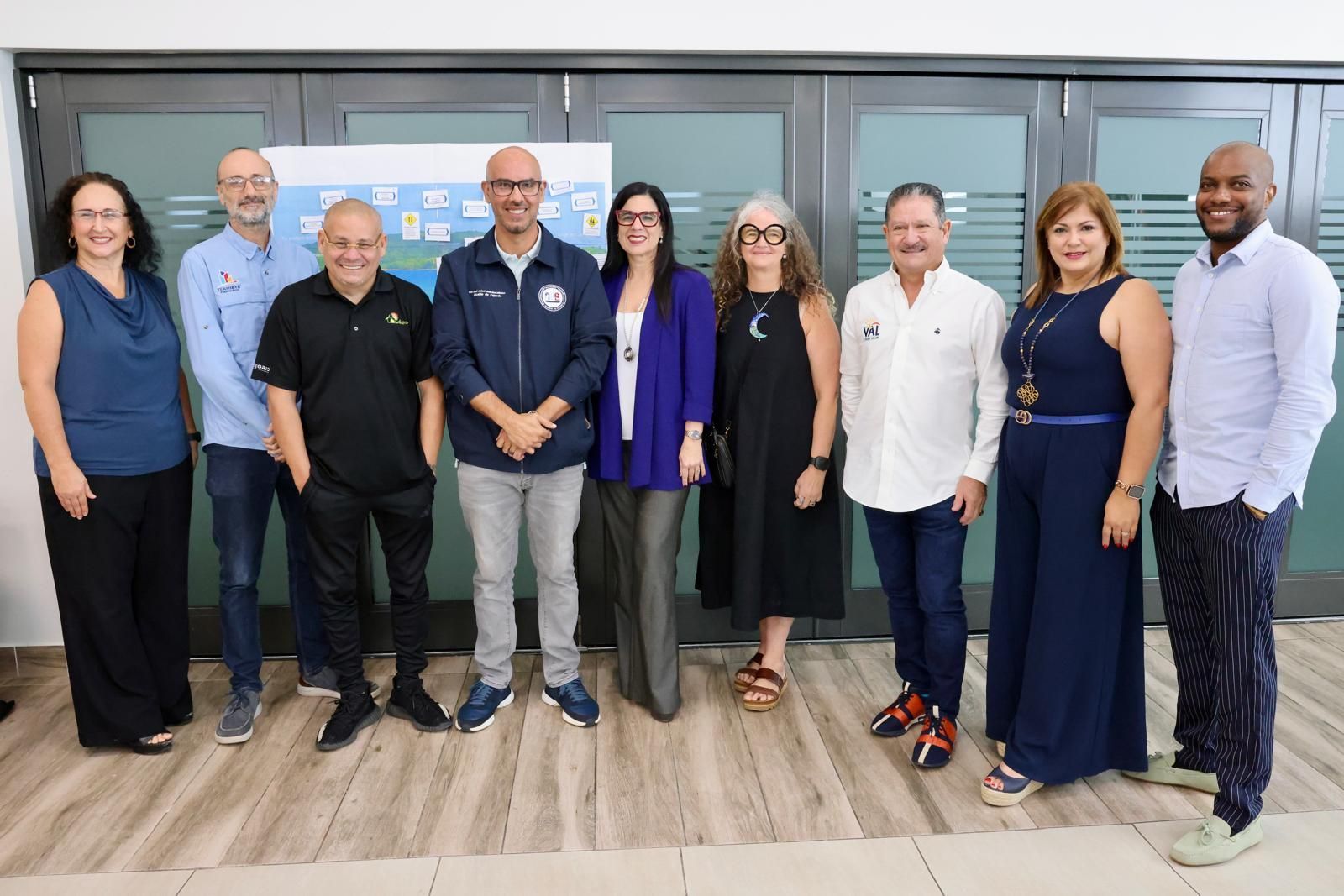IBTS Partners with Houston-Galveston Area Council’s Cooperative Purchasing Program
Share this article:

December 1, 2021 — ASHBURN, VA. — The Institute for Building Technology and Safety (IBTS) is excited to announce its selection as a Houston-Galveston Area Council (HGACBuy) service provider.
IBTS services are now available through HGACBuy, which offers local governments options for thousands of vendors that have already undergone a competitive procurement process. That means jurisdictions can avoid the cost of a lengthy bidding period and immediately select IBTS directly through the cooperative instead.
HGACBuy has approved IBTS to provide local governments with disaster preparedness and recovery-related professional planning, consulting, and interim recovery services. The company provides these services for local governments of all sizes, drawing on its decades of experience working after disasters such as Hurricanes Katrina, Ike, Sandy, Harvey, and Maria.
“IBTS understands that preparing for, and recovering from, natural disasters is often overwhelming for jurisdictions,” said IBTS Director of Municipal Services Chris Miller, AICP. “Procurement processes add additional costs and delays to an already onerous process. IBTS is proud to offer our services through HGACBuy that we can provide jurisdictions with the customized assistance they need in a manner that reduces costs, while still ensuring a transparent and fair procurement process,” said Miller.
While HGACBuy serves local governments within the State of Texas as the largest of 24 Councils of Government (COGs) there, its cooperative procurement service is available nationally and can be accessed by any unit of local government, including nonprofits providing governmental services.
As a nonprofit organization, IBTS’ work is guided by a board of directors with representatives from the Council of State Governments (CSG), the International City/County Management Association (ICMA), the National Association of Counties (NACo), the National Governor’s Association, and the National League of Cities (NLC). IBTS’ unparalleled team of certified code professionals, inspectors, planners, grant managers, and energy and resiliency experts make IBTS uniquely positioned to understand and meet the needs of government.
For more information email cmiller@ibts.org.
En Espanol
1 De Diciembre de 2021 – Ashburn, VA. — El Instituto de Tecnología y Seguridad de Edificios (IBTS, por sus siglas en inglés), está emocionado en anunciar su selección como el como proveedor de servicios del Consejo del Área de Houston-Galveston (HGACBuy).
Los servicios de IBTS están ahora disponibles a través de HCACBuy, el cual ofrece opciones locales gubernamentales para miles de proveedores que han ido por un proceso de adquisición competitivo. Esto significa que las jurisdicciones pueden evitar el costo de un periodo de licitación prolongado y seleccionar IBTS de manera directa a través de las cooperativas.
HGACBuy, ha aprobado IBTS, para que provea a los gobiernos locales servicios de planificación, consultoría y recuperación provisional relacionados con la preparación y la recuperación ante desastres. La compañía ofrece estos servicios para gobiernos locales de todos los tamaños, aprovechando sus décadas de experiencia trabajando después de desastres como los huracanes Katrina, Ike, Sandy, Harvey y María.
IBTS entiende que prepararse y recuperarse de desastres naturales puede ser a menudo abrumador para las jurisdicciones”, dijo el director de servicios municipales de IBTS, Chris Miller, AICP. “Los procesos de adquisición agregan costos y demoras adicionales a un proceso que ya es oneroso. IBTS se enorgullece de ofrecer nuestros servicios, a través de HGACBuy, ya que podemos brindar a las jurisdicciones la asistencia personalizada que necesitan de una manera que reduzca los costos, al tiempo que garantiza un proceso de adquisición transparente y justo”, dijo Miller.
Si bien HGACBuy sirve a los gobiernos locales dentro del estado de Texas como el más grande de los 24 Consejos de Gobierno (COG, por sus siglas en inglés), allí, su servicio de adquisiciones cooperativas está disponible a nivel nacional y cualquier unidad del gobierno local puede acceder a él, incluidas las organizaciones sin fines de lucro que brindan servicios gubernamentales.
Como organización sin fines de lucro, el trabajo de IBTS es guiado por una junta directiva con representantes del Consejo de Gobiernos Estatales (CSG), la Asociación Internacional de Administración de Ciudades / Condados (ICMA), la Asociación Nacional de Condados (NACo), la Asociación Nacional de Gobernadores y la Liga Nacional de Ciudades (NLC).
El equipo incomparable de profesionales IBTS incluye personal certificados en códigos, inspectores, planificadores, gerentes de subvenciones y expertos en energía y resiliencia hacen que IBTS esté en únicamente posicionados para comprender y satisfacer las necesidades del gobierno.
Para más información visite página web de IBTS en el website de HCACBuy: www.hgacbuy.org/ o envíe un correo electrónico a: cmiller@ibts.org





